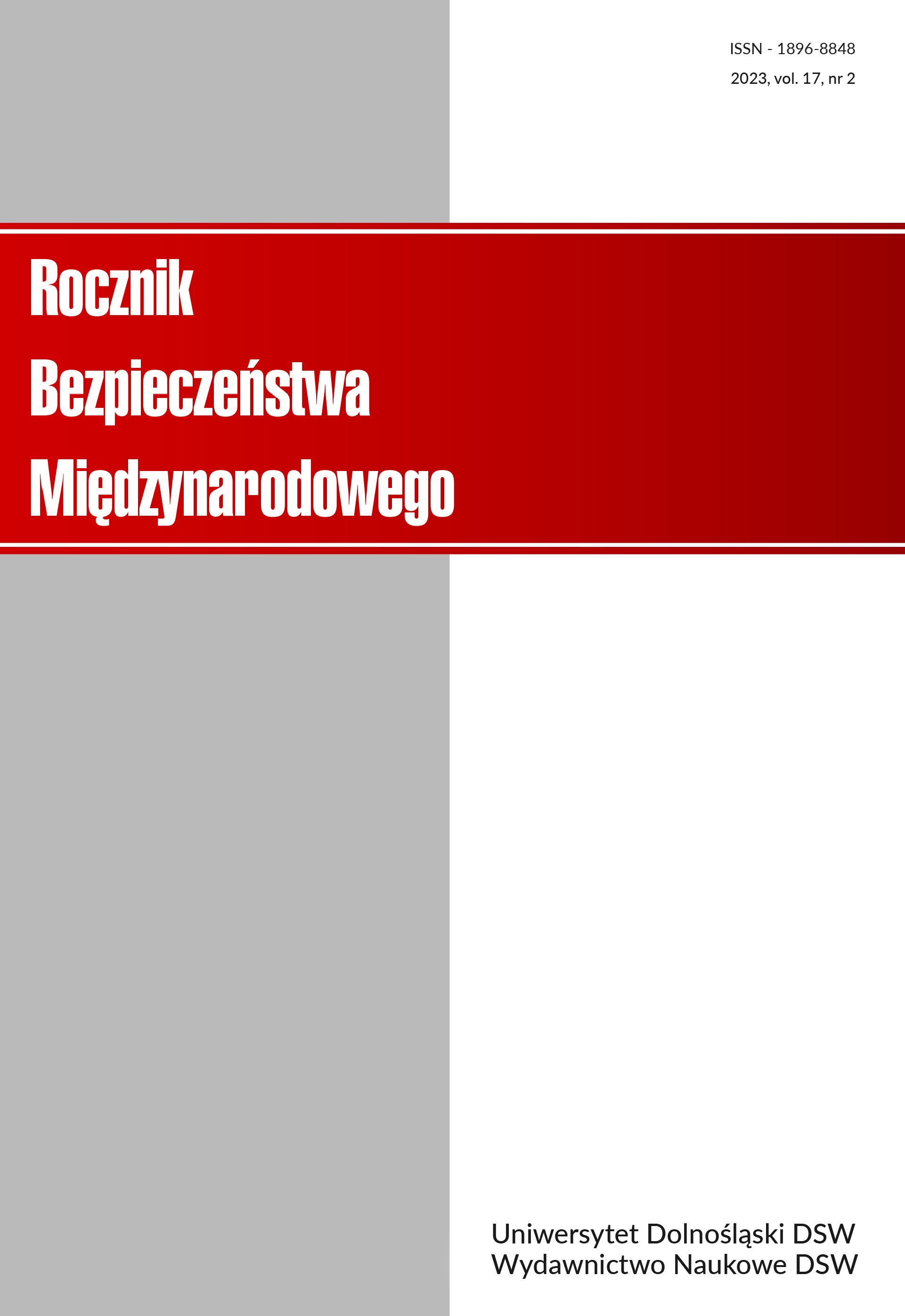Post-Conflict Security and Peacebuilding in Rwanda: an Economic Development Approach
Post-Conflict Security and Peacebuilding in Rwanda: an Economic Development Approach
Author(s): Khedidja Ziani, Amira Berhail BoudoudaSubject(s): National Economy, Supranational / Global Economy, Constitutional Law, Criminal Law, Civil Society, Governance, Public Administration, Economic policy, Government/Political systems, International relations/trade, Security and defense, Military policy, Welfare systems, Developing nations, Political economy, Politics and society, Transformation Period (1990 - 2010), Inter-Ethnic Relations, Public Finances, Penal Policy, Socio-Economic Research, Politics of History/Memory, Politics and Identity, Corruption - Transparency - Anti-Corruption, Peace and Conflict Studies
Published by: Wydawnictwo Naukowe Dolnośląskiej Szkoły Wyższej
Keywords: human needs; resources; conflict; development and conflict; peace; security;
Summary/Abstract: This text analyzes the governance strategies employed in post-civil war and genocide Rwanda for peacebuilding within the context of economic development. Rwanda, with the assistance of the international community, aimed at reconciliation and democracy. Despite challenging circumstances following the conflict, the government achieved stability and initiated internal reforms, particularly in the security sector, since the mid-1990s. The persistent power structure of the Rwandan National Front prompts an exploration into the extent to which an economic development-based approach has contributed to security and peacebuilding in Rwanda. We hypothesize that such measures play a key role in establishing resilient societies capable of preventing the recurrence of intractable conflicts through the attainment of inclusive economic development. The theory of human needs advocates for the utilization of interoperability as a conflict resolution mechanism, applicable to Rwanda as well. It posits that lasting peace is only achievable when various facets of human economic needs are systematically addressed. This article seeks to critically assess how post-genocide economic reform measures in Rwanda have contributed to achieving security and peace. Furthermore, it explores how effective leadership and engagement policies contribute to economic security in Rwanda. The article argues that post-conflict security management and peacebuilding processes require the implementation of effective economic development policies, including resource redistribution, as a critical component of a comprehensive development strategy.
Journal: Rocznik Bezpieczeństwa Międzynarodowego
- Issue Year: 17/2023
- Issue No: 2
- Page Range: 35-60
- Page Count: 26
- Language: English

